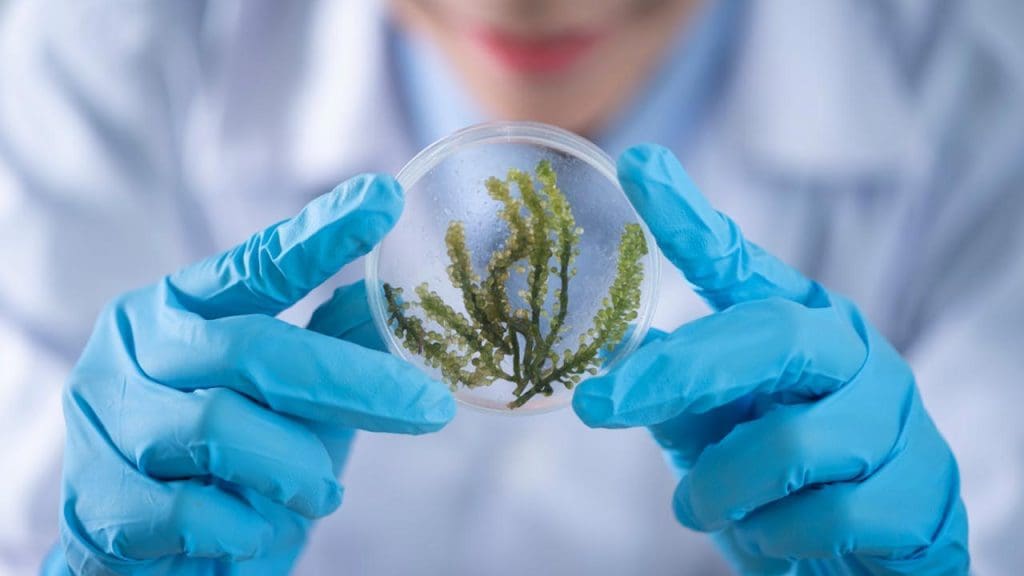
With advances in science and technology, the possibility of extending human life is becoming more realistic than ever. From genetic editing to nanotechnology, researchers are exploring groundbreaking methods to not only enhance longevity but also improve the quality of life. Here are seven promising ways scientists are pushing the boundaries of human lifespan.
Advanced Genetic Editing Techniques

Genetic editing, particularly through CRISPR-Cas9, is revolutionizing how we think about aging and disease prevention. By allowing scientists to modify specific genes, it’s possible to correct genetic defects associated with age-related diseases. This technology has opened up new avenues for personalized healthcare strategies tailored to individual genetic profiles, potentially extending healthy living years.
Regenerative Medicine Breakthroughs

Regenerative medicine is at the forefront of extending human life by focusing on repairing or replacing damaged tissues and organs. Stem cell therapy and tissue engineering are paving the way for innovative treatments that could significantly reduce the impact of aging. These advances promise not only to prolong life but also to enhance vitality and health during the later years.
Innovative Anti-Aging Drugs

Pharmaceutical companies are developing anti-aging drugs that target the biological mechanisms of aging. Compounds like metformin and rapamycin are being studied for their potential to delay the onset of age-related diseases. These innovative drugs aim to extend the human healthspan, offering the possibility of living longer without the typical ailments of old age.
Cutting-Edge Nanotechnology Applications

Nanotechnology holds great promise in extending human life by enabling precise delivery of drugs at the cellular level. This technology is being used to develop nanoparticles that can repair damaged cells or eliminate harmful ones, thereby reducing the risk of diseases such as cancer. The ability to manipulate materials at the nanoscale offers groundbreaking possibilities for enhancing health and longevity.
Personalized Medicine Approaches

Personalized medicine uses individual genetic information to tailor treatments, making healthcare more effective and efficient. By understanding the unique genetic makeup of each person, scientists can design therapies that specifically target the underlying causes of aging and disease. This approach not only improves treatment outcomes but also has the potential to significantly extend life expectancy.
Revolutionary Telomere Research

Telomeres, the protective caps at the ends of chromosomes, play a crucial role in cellular aging. As telomeres shorten over time, cells become more susceptible to damage and death. Researchers are exploring ways to preserve or even lengthen telomeres, which could delay the aging process and extend human lifespan. This revolutionary research holds the potential to unlock the secrets of biological immortality.
Enhanced Health Monitoring Systems

Advanced health monitoring systems are transforming how we manage our health, allowing for early detection and prevention of diseases. Wearable technology and smart devices can track vital signs and provide real-time health data, empowering individuals to take proactive measures in maintaining their well-being. These systems are crucial in extending life by ensuring that health issues are addressed before they become serious.